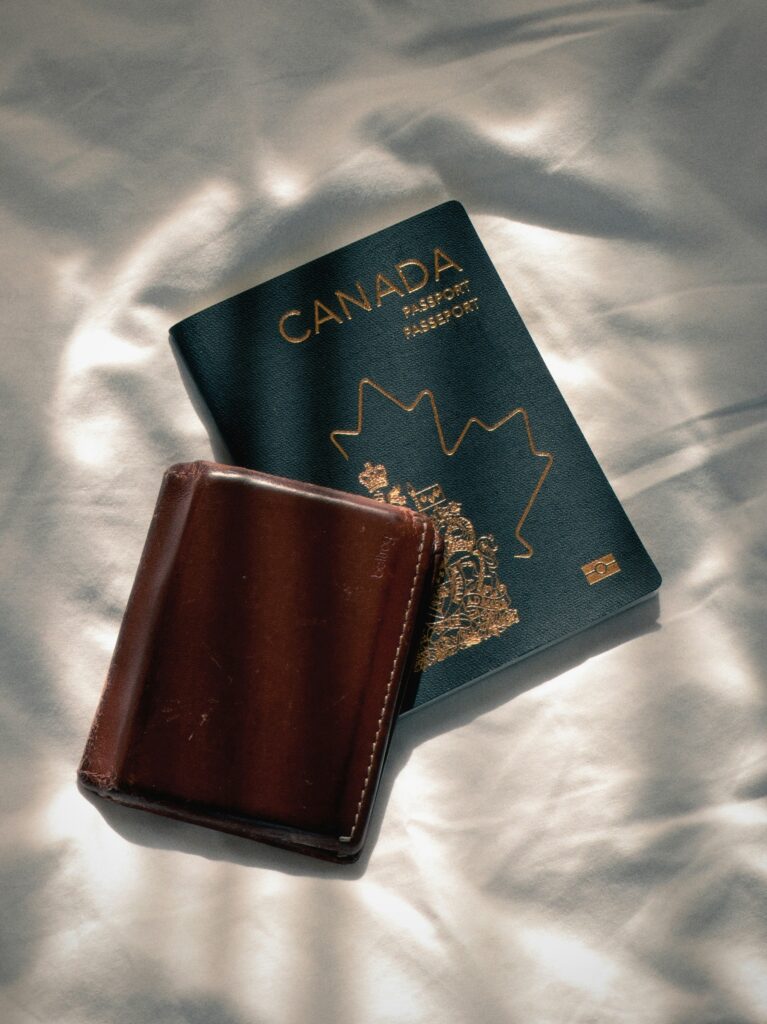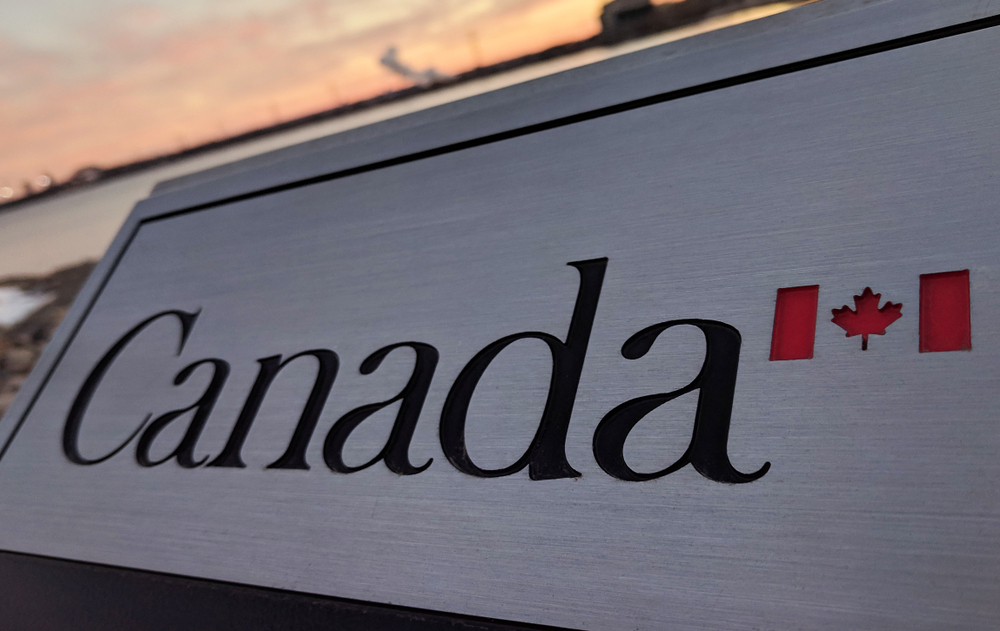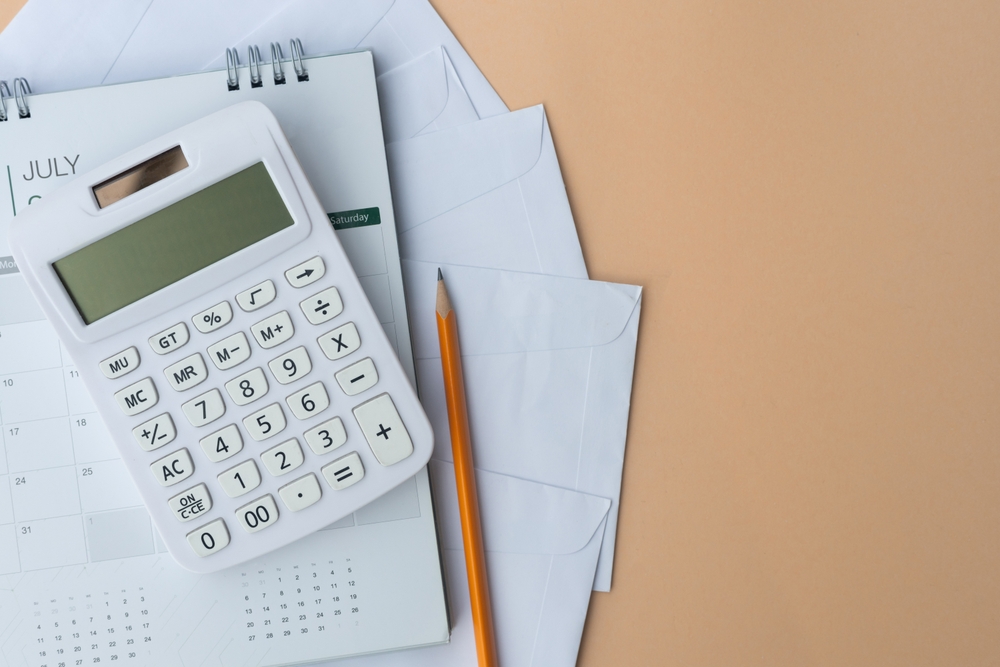Credit cards are a very popular and useful payment method in Canada but they can also lead you down the path of debt. Credit cards have been heavily advertised and marketed in Canada since being introduced in 1950 and it was not until 1970 that mass mailings or unsolicited credit cards were outlawed and replaced with mailings for credit applications. Now, anyone can apply for a credit card or a store credit card but approval depends on your credit history.
A credit card is a revolving credit payment system where a third party (the credit card company) pays upfront for goods and services that you buy and pay for at the end of the month on the statement due date. Each month you reimburse the credit card company for the payment they made on your behalf. Any unpaid balance is subject to high-interest rates until it is paid. If you are unable to pay at least the minimum required, damage to your credit rating occurs. The high penalties associated with failing to pay a credit card is not surprising when considering that they evolved from individual store charge cards for paying clients who were frequent users, where the payments (until recent years) had to be paid in full each month.
Key Takeaways
Credit Card Lures
Credit cards have always been popular because they offer great convenience; they enable you to buy now, pay later and obtain bonus rewards. The rewards include air miles, cashback or points or discounts towards purchases. Also included are enhanced product warranties at no cost, free loss/damage coverage on new purchases, various insurance protections, such as rental car insurance, common carrier accident protection and travel medical insurance. These extras can cost you, however, if you are unable to pay or forget to pay the balance of your credit card each month.
Another attraction of credit cards (including prepaid credit cards) is they can help to build your credit score if you have no other form of loan or mortgage to build your credit rating. A high credit score is valuable as it eases your ability to get a loan when you need it and with better terms.
In some situations, using a credit card has a functional purpose; it can be used for large purchases, such as for furniture, appliances and travel packages. A credit card has a higher limit per transaction than a debit card and is trusted better by merchants than receiving a cheque. Credit cards can be used at many retailers and maybe the only payment option in some situations, such as when booking a hotel, renting a car, and sometimes when shopping online.
Credit cards have the added safety of limited liability for unauthorized purchases, especially if your card is used fraudulently over the internet or the phone. Your only responsibility is to notify the card issuer as soon as you know the card was lost or stolen. If there are transactions on your card that you dispute, your credit card company will help to resolve the matter with the other party.
Credit cards can be used for emergency funds, including cash. Some people keep a credit card with them when travelling for emergency services such as payment for medical fees outside of Canada that you expect to have reimbursed or some other critical situation such as the need for emergency shelter or transportation.
If you can use a single credit card for all your transactions, you may be able to track your total spending each month for budgeting purposes, with the exception of payments that cannot be made by credit card (e.g., rent, property taxes and some utilities).
Read our guide – How To Rebuild Your Credit After A Consumer Proposal Or Bankruptcy
Credit Card Drawbacks
While using a credit card can be free to the consumer, their quick and easily accumulated fees and charges are a key downfall for the consumer. Typical credit card fees include late fees, over-the-limit fees, credit limit increases fees, and finance charges in addition to annual cardholder fees. With credit cards, it is easy to lose track of your spending and your need to pay the bill, which is why monthly paper statements are still legally required. You can easily get into debt and have high-interest rates apply if you cannot pay your monthly account balance in full or you forget to pay. If your credit is damaged it can take many years to obtain credit and rebuild a good credit score again.
While many people are lured into credit cards because of the rewards offered, the fees charged may not offset them. Most credit card companies waive their annual fee in the first year, but then charge up to $300 per year thereafter. Some credit card issuers are beginning to waive the annual fee if you charge a certain amount on your credit card each year, while others are basing whether to charge fees on the credit rating of the user.
Sometimes people use their credit cards for emergency cash but the interest on credit card cash advances can multiply debt problems quickly. Interest charges for cash start from the day you make the cash advance, not when your regular credit card payment is due.
There are some other practical problems with credit card use; they are not accepted everywhere you go and there are often limits placed by merchants. Even large businesses (e.g., automobile manufacturers) limit how much they will process a credit card payment for. There are also several merchants that do not accept credit card payment options, especially small businesses, including small restaurants, “mom and pop” shops, and some dollar/convenience stores. Most legal and accounting firms do not accept credit card payments. Financial institutions also do not accept credit card payments for investments or services. The reason for merchant pushback is the costly processing fees.
Credit card payment is also not accepted for many basic services. You cannot pay on credit for a down payment on a home from a builder, make a mortgage, rent, loan or debt payment, including not your taxes or most post-secondary tuition fees. There are some exceptions but you cannot pay all your utility bills using a credit card. For now, a credit card remains mostly a payment method for discretionary spending.
Credit Counselling Services & Debt Solutions
At Harris & Partners Inc., Trustee in Bankruptcy, we offer credit counselling services and debt solutions in Pickering, Toronto, North York, Barrie and multiple other locations. We recommend that you read the fine print in a credit card application before agreeing to sign up and that you keep your credit card use in check. We can discuss alternatives to credit cards with you and help you find and achieve effective methods to attack your growing debts. We are licensed bankruptcy trustees and can discuss consumer proposals and debt consolidation as well. We may be able to save you thousands of dollars with a sound financial plan. Call or drop in to see us for a free consultation in your area.









